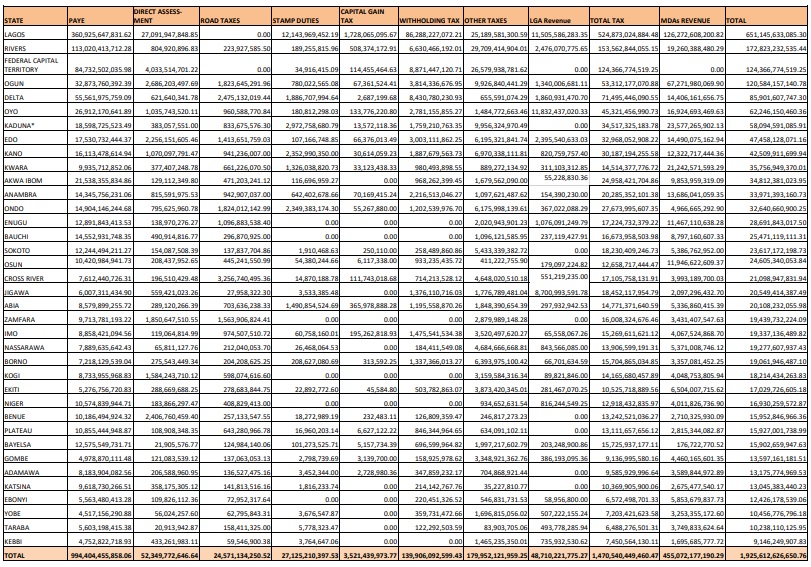Many times, when we think of expired drugs, we tend to point fingers at pharmacies. However, we often forget that many of us keep medications at home that have exceeded their expiration dates, yet we reach for them as first aid or for self-medication. Pharmacist Ikemesit’s insights opened our eyes to the dangers inherent in these practices. . This revelation served as a stark reminder of the hidden dangers that may reside within our medicine cabinets.
In a recent episode of “Sharing Life Issues,” we embarked on an eye-opening exploration of a topic that impacts countless lives: self-medication and drug abuse. Our guest, Pharmacist Ikemesit Ekong Udo, shared invaluable insights that challenge our preconceived notions and shed light on a crucial yet often overlooked aspect of healthcare.
We explored a case involving a young man who purchased drugs and ended up hospitalized. It raises the question: What could have gone wrong in this scenario? Pharmacist Ikemesit shared valuable insights on the matter.
In another alarming incident, a person took medication, and it resulted in unexpected and life-threatening consequences. Sometimes, we underestimate the potential consequences of taking seemingly harmless pills. It’s easy to pop a couple of tablets and find yourself in the hospital for an extended stay. This is a stark reminder of the potential fatality that can lurk in the shadows of self-medication.
During our conversation, we set out to demystify some prevalent myths surrounding self-medication. How many of us are guilty of self-medication – the act of using medications without consulting a healthcare professional, where we take it upon ourselves to buy and consume medication without any consultation, recommendation, or prescription from a healthcare expert.
According to Pharmacist Ikemesit Ekong Udo, a public health pharmacist at the University of Uyo Teaching Hospital, a significant reason behind this practice is a lack of knowledge, leading individuals to ingest medications out of ignorance. Other factors include poverty, easy access to drugs, and various social determinants.
When it comes to the dangers associated with self-medication, there’s a real risk of causing harm to oneself. Medications can have both positive and negative effects, and managing the adverse effects can be challenging. Self-medication can expose individuals to a range of hazards:
- Incorrect Diagnosis: Inadequate medical knowledge can lead to the consumption of the wrong medication for a specific ailment, resulting in incorrect diagnoses.
- Delayed Treatment: Opting for self-medication often means delaying the proper treatment for a condition, allowing the ailment to worsen gradually.
- Adverse Drug Reactions: It’s essential to recognize that medications come with potential side effects. Consuming the wrong drugs, particularly those unsuitable for your condition, can lead to untoward effects that are unpleasant and exacerbate the existing health issues. Different classes of drugs affect our bodies differently, and our genetic makeup can predispose us to specific drug reactions.
- Drug/Food Interactions: For example, alcohol can interact with the majority of medications, while fruit juice, milk, and soda drinks may also affect some drugs. These interactions have the potential to be harmful, potentially nullifying the intended effects of the drugs. An antagonistic reaction can occur, rendering the drug’s effects unfelt, as the food or beverage may have interfered with the drug’s efficacy. In some cases, this interference can entirely neutralize the drug or render it ineffective. A case in point would be the ingestion of medication with coconut water.
We also explored common misconceptions, such as the impact of water temperature on drug efficacy. While the human body can regulate water temperature, it’s generally recommended to consume medications with water at room temperature. Additionally, integrating drugs into food, like Eba, for the sake of convenience can hinder the absorption of the medication. It can also compromise the drug’s effectiveness, particularly when immediate relief is required, as it may impede the drug’s absorption.
One listener, Akpabio from Uyo, inquired about consuming drugs with palm-wine. The pharmacist emphasized that alcohol can interact with various classes of drugs, leading to the formation of toxic metabolites. This holds true for all drugs, not just the commonly mentioned warning about avoiding the combination of malaria drugs and alcohol.
Pharmacist Ikemesit emphasized the importance of taking medication as prescribed, as both under-dosing and overdosing can be dangerous. Consulting a healthcare professional is crucial, as it allows for a thorough evaluation, examination, and a comprehensive medical history. This, in turn, ensures that the right medication is prescribed and tailored to individual needs.
In conclusion, the benefits of consulting a healthcare professional are numerous. Not only does it mitigate the risks of self-medication and drug abuse, but it also guarantees a safer and more effective approach to healthcare, ultimately safeguarding against potentially fatal outcomes.
Written by Maris ‘Damaris’ Iloka.












